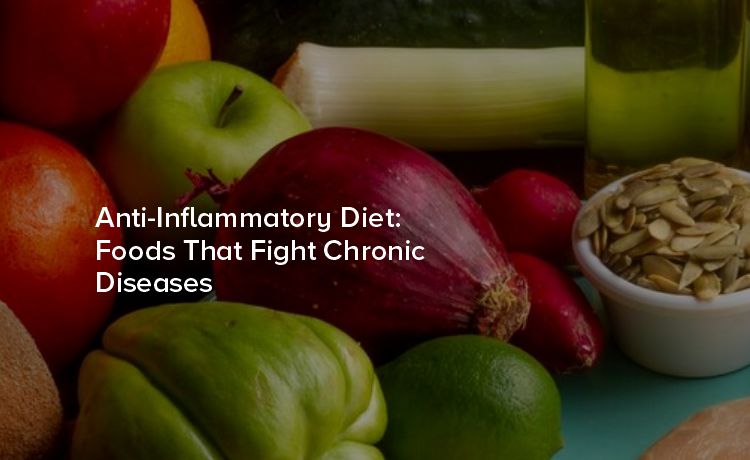
Inflammation is a natural response by your body to injury or infection. However, when inflammation becomes chronic, it can contribute to a range of chronic diseases, including heart disease, diabetes, arthritis, and even certain cancers.
An anti-inflammatory diet focuses on eating nutrient-dense, whole foods known to reduce levels of inflammation in the body. Instead of being a strict plan, it’s more of a lifestyle approach that prioritises fresh fruits, vegetables, whole grains, healthy fats, and lean proteins.
The diet also encourages reducing or eliminating processed foods, sugary drinks, trans fats, and refined carbohydrates, which are known to fuel inflammation. Think of it as an eating pattern that not only boosts overall health but actively works against chronic inflammation.
Chronic inflammation occurs when the body's inflammatory response doesn't shut off after its job is done. This can lead to damage in healthy tissues and organs over time, increasing your risk of various diseases.
For example:
Managing inflammation is, therefore, not just about relieving symptoms but tackling major risk factors for long-term health.
Adopting anti-inflammatory eating is simpler than you may think. Below are some of the best foods to include in your meals to help fight inflammation and promote well-being.
Fruits are nutritional powerhouses packed with vitamins, fibre, and antioxidants that help reduce oxidative stress, a key driver of inflammation.
Here are some to prioritise:
Leafy greens are rich in bioactive compounds like flavonoids and carotenoids, which are anti-inflammatory and antioxidant in nature. Popular options include:
These greens are also high in fibre, which improves gut health and helps modulate inflammation throughout the body.
Not all fats are created equal. While trans fats and saturated fats contribute to inflammation, healthy fats do the opposite. Some of the best sources of anti-inflammatory fats include:
Omega-3 fatty acids are some of the most effective nutrients against inflammation, and fatty fish are an excellent source. Some options include:
Regularly consuming omega-3-rich fish can lower inflammatory markers like C-reactive protein (CRP).
Unlike refined carbs, whole grains like oats, quinoa, and brown rice contain fibre and nutrients that fight inflammation. Their high fibre content also supports a healthy gut microbiome, which plays a crucial role in controlling inflammation.
Herbs and spices not only add flavour but also boast amazing anti-inflammatory properties. Some standouts include:
Certain teas are incredibly rich in anti-inflammatory compounds:
To maximise the benefits, it’s just as important to avoid foods that actively promote inflammation. Key culprits include:
Cutting back on these foods is a proactive step toward reducing your body's inflammatory load.
Switching to an anti-inflammatory diet doesn’t require an overhaul of your current eating habits. Here’s how to ease into it:
Remember, consistency is key. Even small but steady changes to your diet can yield significant benefits over time.
Switching to an anti-inflammatory diet does more than reduce inflammation; it supports overall health, boosts energy levels, and lowers the risk of chronic diseases. By including anti-inflammatory foods and cutting down on harmful options, you’re taking proactive steps to ensure long-term well-being.